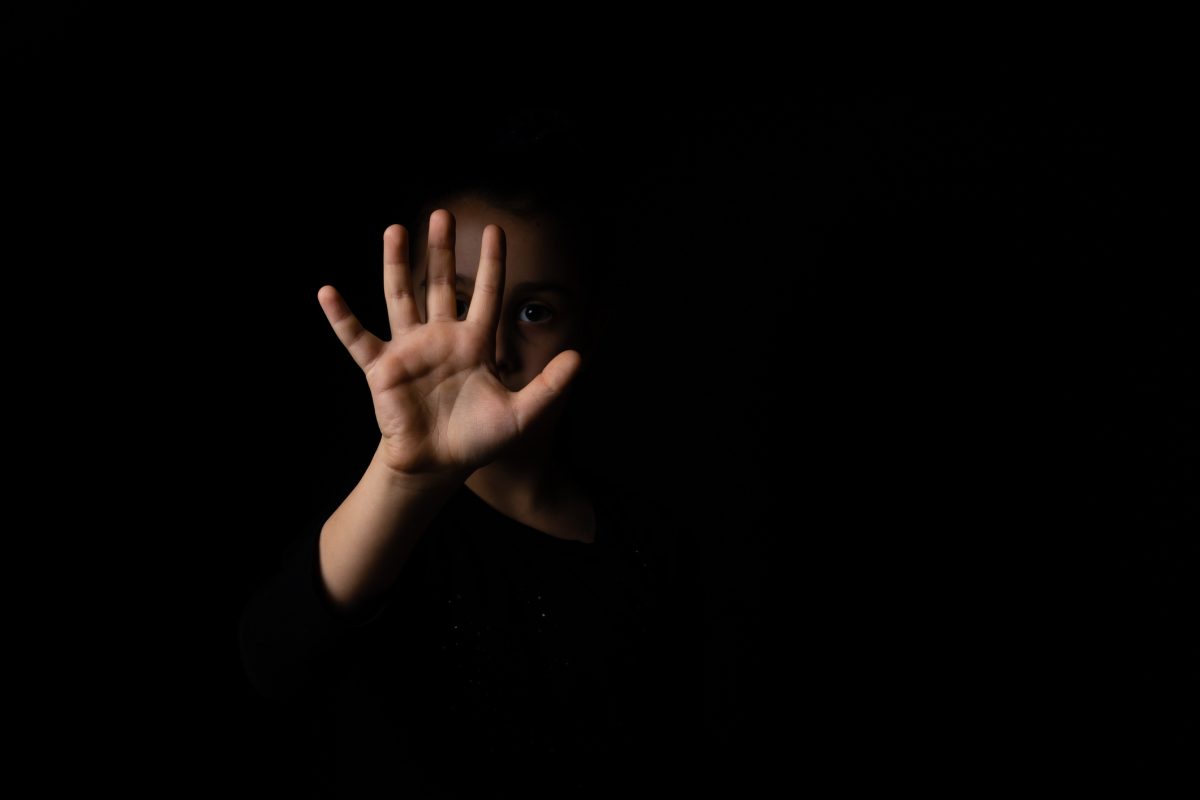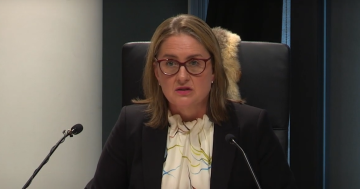
New reforms are designed to crack down on child sex offenders in South Australia. Photo: File.
The next tranche of reforms cracking down on child sex offenders in South Australia have commenced this week, 3 October.
Earlier this year, State Parliament passed a series of reforms aimed at closing loopholes in the laws related to the possession of child exploitation material and child-like sex dolls.
As part of the reforms, when considering a defendant’s bail application, courts are now required to specifically take into account the broader harm to children in the community caused by fuelling demand for child exploitation material and the abuse of children for production of that material.
Heinous crimes involving exploitation of children in commercial sexual services have also been retitled to refer to ‘performing commercial sexual acts’ rather than ‘services’, to better reflect that the child being made to perform the sexual acts is being victimised and exploited, and that this is not a ‘service’ to anyone.
A further reform which will come into effect at the start of next year will lower sentence discounts available for pleading guilty to possession of child exploitation material or child-like sex dolls.
These changes are just a few of the many that the SA Government has made to more appropriately deal with the sickening sexual abuse of children.
The reforms include increasing the penalties for a range of child sexual abuse offences, and changing the heading of the offence of maintaining an ‘unlawful sexual relationship with a child’ to the ‘sexual abuse of a child’, more appropriately reflecting the exploitative nature of the offence.
SA Attorney-General Kyam Maher said it was important laws kept pace with community expectations.
“Quite frankly, the laws as they stood did not live up to our community’s standards in my view,” she said.
“Ensuring courts take into account how the possession and distribution of child exploitation material has a broader impact on the community will ensure it is not perceived – by either the judiciary or the broader community – somehow as a victimless type of offending.
“It will help send a clear reminder that there are victims to these crimes, and that the dissemination of this material is an appalling act.
“It will also ensure that the courts treat these offenders with the severity they deserve.”











